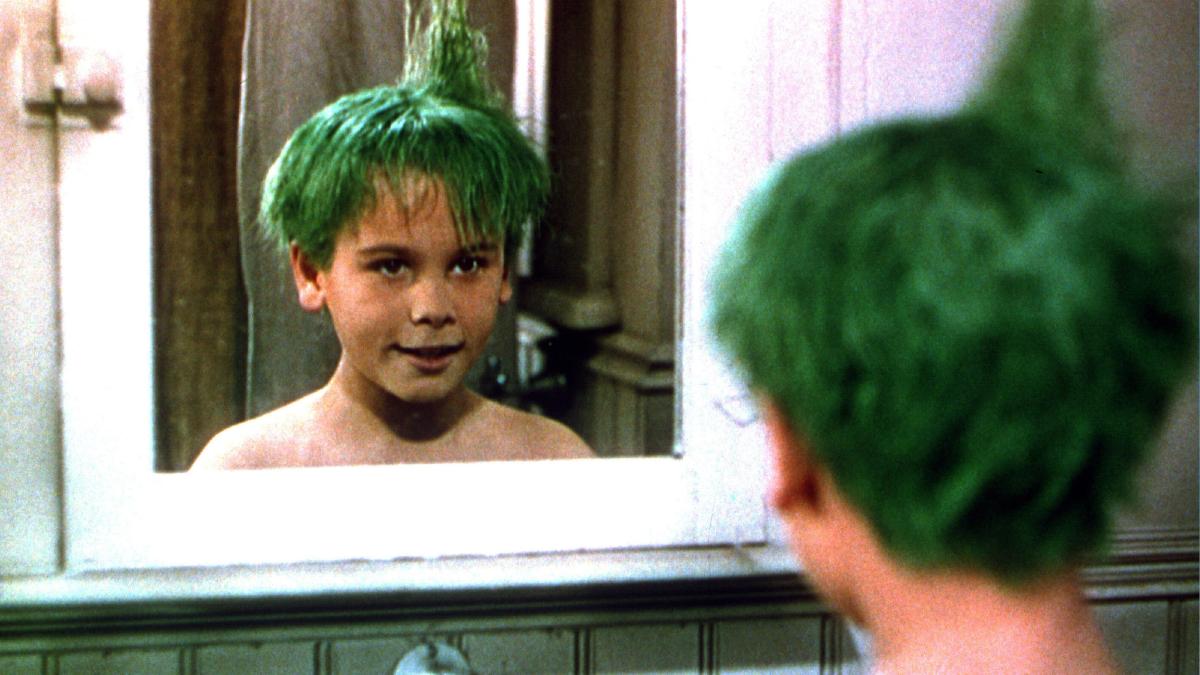Friday, March 15, 6:00 p.m. | In Joseph Losey's weird, gorgeous Technicolor fantasy, a neglected war orphan and possible messiah shares the miraculous story behind his green-colored hair (as well as his subsequent persecution) with a psychologist after being discovered bald-headed and alone. Shot in the aftermath of World War II, the odd and ambitious film is many things: an allegory on discrimination, an anti-war protest, an appeal for tolerance, and a treat for the eyes. It was also a box office flop, and an expensive one at that. A few years later, Losey was blacklisted from Hollywood after refusing to testify before the HUAC, relocating to England to continue his directorial career. Original Technicolor prints were nitrate; an IB Technicolor safety reissue print with French subtitles will be screened.
TECHNICOLOR WEEKEND celebrates the longevity, beauty, and richness of the technicolor printing process. All presented on 35mm prints that were intended to last only through their initial runs, and have instead endured hundreds of projections, studio mergers, film exchange closures, and multiple private owners. These unlikely survivors offer us a view of what these films looked like before digital color correction and other modern restoration techniques, and are stunning examples of an incredibly complex industrial process that delighted millions. View full series.
ABOUT CHICAGO FILM SOCIETY
Chicago Film Society makes rare and classic films available to local audiences in their original forms—on 35mm and 16mm motion picture film. Our screenings spotlight the restoration efforts of archives, studios, and private collectors, as well as the experience of seeing films projected in a theater with an audience. Through an array of program notes, extended blog entries, and introductory remarks before each screening, the Chicago Film Society endeavors to bring new notions of the cultural and material history of cinema to the public. The Chicago Film Society is a 501(c)(3) non-profit organization established by Chicago projectionists in 2011.
The Film Center is ADA accessible. This presentation will be projected without open captions. The theater is hearing-loop equipped. For accessibility requests, please email filmcenter@saic.edu


